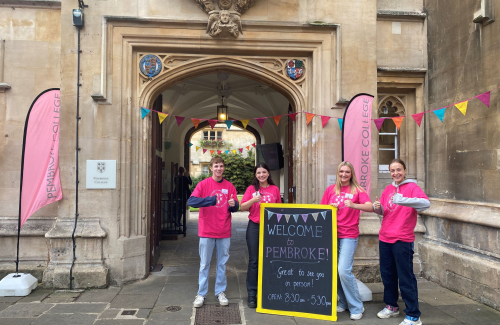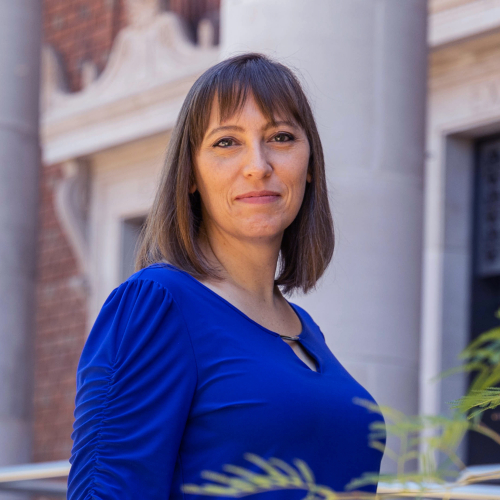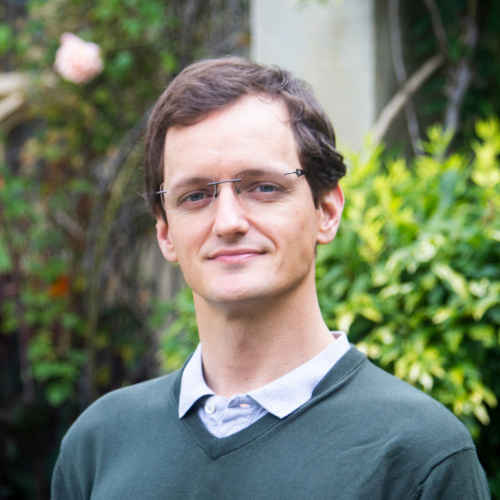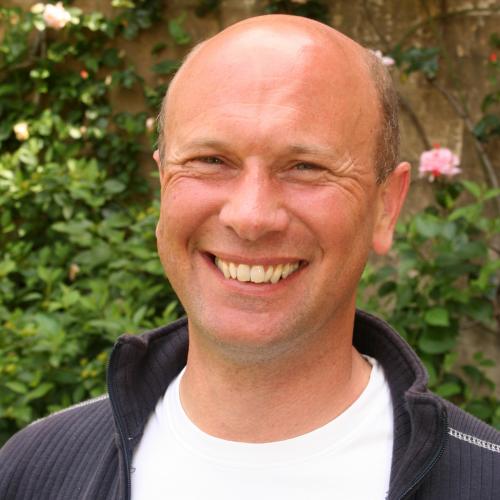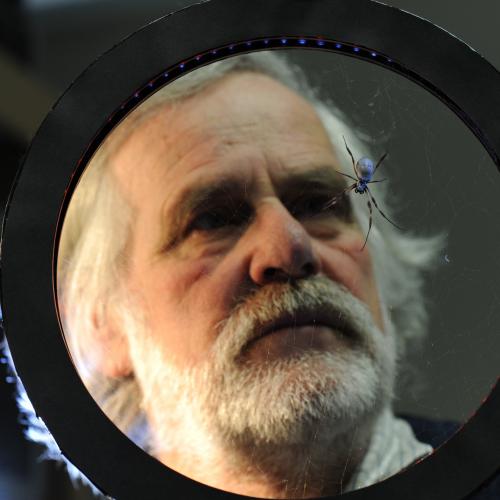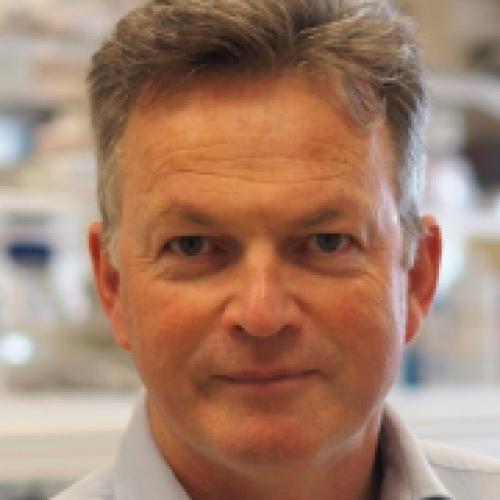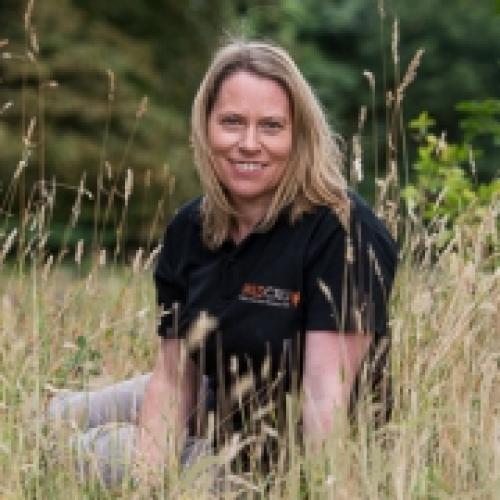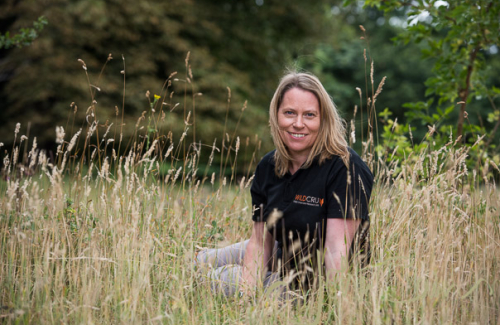Biology
Why choose Pembroke?
- Pembroke offers a wealth of interdisciplinary approaches to the understanding of biology, including ecology, evolution, behaviour and molecular biology.
- Our tutors are engaged in research across the breadth of the subject and are particularly focussed on exploring major over-arching questions in Biology.
- Undergraduates are welcomed into the broader Life Sciences community in college that includes a large cohort of postgraduates, independent researchers and senior research associates in Biology and related biosciences.
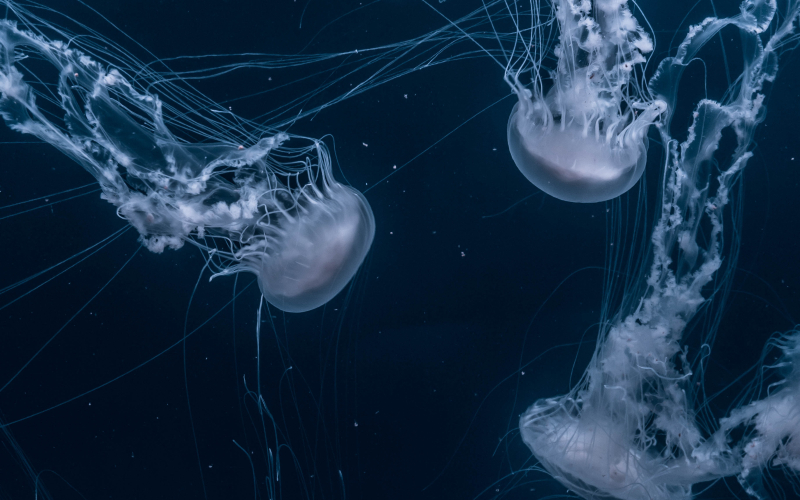
Meet Our Academics
What our students say
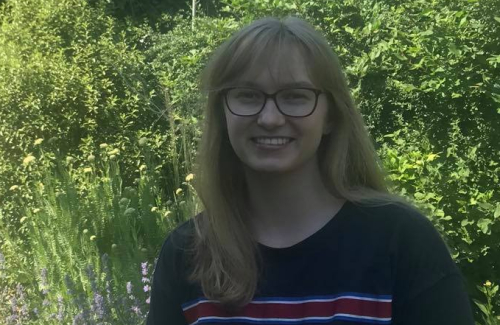
The Biology course is fascinating and has the scope to allow everyone to explore their interests in as much depth as they choose.
A large number of Pembroke graduates continue research to MSc and PhD status or follow vocational careers in field-based conservation. Other graduates enter industry, scientific journalism, publishing, computing, teaching or commerce.
Okasha S (2019) Philosophy of Biology: A Very Short Introduction. Oxford University Press
News from Pembroke
Biology
Why choose Pembroke?
- Pembroke offers a wealth of interdisciplinary approaches to the understanding of biology, including ecology, evolution, behaviour and molecular biology.
- Our tutors are engaged in research across the breadth of the subject and are particularly focussed on exploring major over-arching questions in Biology.
- Undergraduates are welcomed into the broader Life Sciences community in college that includes a large cohort of postgraduates, independent researchers and senior research associates in Biology and related biosciences.

Meet Our Academics
What our students say

The Biology course is fascinating and has the scope to allow everyone to explore their interests in as much depth as they choose.
A large number of Pembroke graduates continue research to MSc and PhD status or follow vocational careers in field-based conservation. Other graduates enter industry, scientific journalism, publishing, computing, teaching or commerce.
Okasha S (2019) Philosophy of Biology: A Very Short Introduction. Oxford University Press
